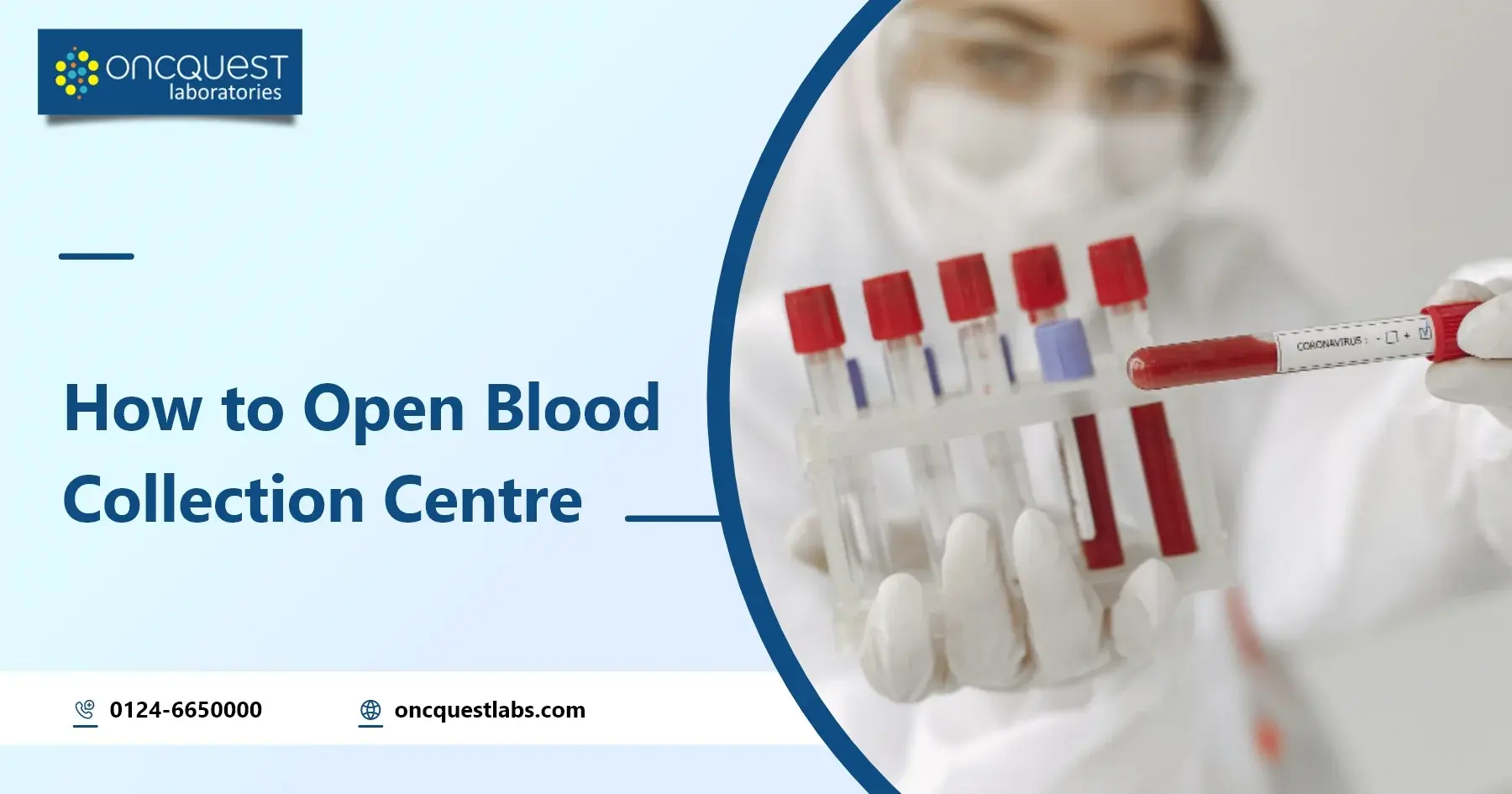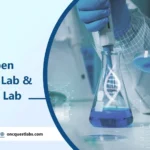Are you interested in beginning a blood series center and creating a high-quality impact on healthcare? You’re in the right area! On this blog, we’re going to walk you through the step-by-step technique of starting a blood collection center, from know-how regulatory necessities to putting in the infrastructure and recruiting qualified staff. We’ll cover the entirety you want to recognize, together with the minimum investment required, space and facility necessities, device wishes for blood series and garage, group of workers qualifications, protection protocols, and more. Join us in this adventure to create a tremendous impact on your network’s fitness while building a rewarding and successful assignment. Let’s get started on making a distinction collectively!
Contents
Technical staff and its requirement
| Staff Position | Qualifications Required | Experience Required |
| Medical Officer | – MBBS degree with 1 year of experience in a Blood Centre- MBBS with Diploma in Clinical Pathology/Bacteriology + 6 months exp.- MBBS with Diploma in Transfusion Medicine/Immunohematology/Blood Transfusion + 3 months exp.- MD Pathology/NB Pathology + 3 months exp.- Postgraduate degree in Transfusion Medicine | Experience in Blood Centre operations and blood-related knowledge. |
| Blood Centre Technician | – DMLT/Transfusion Medicine/Blood Bank Tech + 1 year exp.- MLT/Blood Bank Tech + 6 months exp.- B.Sc. in Hematology and Transfusion Medicine + 6 months exp.- M.Sc. in Transfusion Medicine + 6 months exp.- PGDMLT/PGDMLS + 6 months exp. | Experience in testing blood and its components in a licensed center. |
| Registered Nurse | Registered nursing qualification with relevant experience in blood testing or component handling. | Relevant nursing experience in blood-related tasks. |
| Technical Supervisor | – Diploma in MLT/Transfusion Medicine/Blood Bank Tech + 1 year exp.- Degree in MLT/Blood Bank Tech + 6 months exp.- B.Sc. in Hematology and Transfusion Medicine + 6 months exp.- M.Sc. in Transfusion Medicine + 6 months exp.- PGDMLT/PGDMLS + 6 months exp.- PGDTT approved by Central/State Govt. + 6 months exp. | Experience in testing blood/components in a licensed center. |
General instrument and equipment
| Area | Equipment/Items Required | Specifications/Details |
| Blood Collection Room | – Donor beds, chairs, and tables- Bedside table- Sphygmomanometer and Stethoscope- Recovery beds for donors- Refrigerators for blood storage- Weighing devices for donors and blood containers | Equipment should be suitably cushioned, of appropriate size, and maintained as per specified temperature ranges with necessary monitoring devices. |
| Hemoglobin Determination | – Copper sulfate solution (specific gravity 1.053)- Sterile lancet and alcohol swabs- Capillary tube or pasteur pipettes- Rubber bulbs for capillary tubings | Items needed for hemoglobin measurement using specific solutions and equipment as per standard procedures. |
| Temperature and Pulse Determination | – Clinical thermometers- Watch with seconds-hand and stop-watch | Equipment for accurately measuring temperature and pulse during donor assessment and monitoring. |
| Blood Containers | – Disposable PVC blood bags (closed system)- Anticoagulant solution (e.g., CPDA) | Blood containers should meet standard specifications and be accompanied by sterile, pyrogen-free anti-coagulant solutions. |
Laboratory equipment
1. Refrigerator with digital thermometer, maintaining 4-6°C (±2°C) for diagnostic kits and reagents, with continuous power supply capability.
2. Compound microscope with low and high power objectives.
3. Tabletop centrifuge model.
4. Water bath with temperature range of 37-56°C.
5. Rh viewing box for slide technique.
6. Incubator with thermostatic control.
7. Mechanical shakers for serological tests like Syphilis.
8. Hand-lens for observing tests in tubes.
9. Various sizes of graduated serological pipettes.
10. Pasteur pipettes.
11. Test tubes or micrometer plates (U or V type) of various sizes.
12. Glass slides.
13. Precipitating tubes and glass beakers of different sizes.
14. Test tube racks with different specifications.
15. Interval timer, either electric or spring-wound.
16. Equipment and materials for adequate glassware cleaning.
17. Insulated containers for blood transport (2-10°C) to wards and hospitals.
18. Wash bottles.
19. Filter papers.
20. Dielectric tube sealer.
21. Plain and EDTA vials.
22. Chemical balance if necessary.
23. ELISA reader with printer, washer, and micropipettes.
Open a blood collection center with oncquest lab
Join India’s premier super-specialized laboratory network as an exclusive Oncquest collection center with a minimal investment starting from ₹2–3 lakhs. Enjoy a lucrative return on investment while being a part of a reputable brand.
Eligibility Criteria:
- Space Requirement: Need a minimum area of approximately 150–250 sq. ft. on the ground floor with access to toilet facilities.
- Medical Background Preferred: Candidates with a background or experience in the medical field are preferred, ensuring familiarity with healthcare protocols.
- Self-Motivated Entrepreneurs: Seeking self-driven individuals with a passion for healthcare and entrepreneurship to join the network.
Take the first step towards becoming a part of India’s leading laboratory network by clicking on the following link to initiate the application process.
Frequently asked questions
Q1: How much does it cost to open a pathology lab?
A1: The value of opening pathology labs in India is around 10–20 lakh. But if you touch the oncquest lab, then you may open it with a minimum investment of Rs. 2–3 lakh.
Q2: How to start a pathology laboratory business?
A2: The pathology laboratory enterprise may be very smooth to begin. Simply touch the oncquest labs. A minimum funding of two to three lakhs is needed. You need to have space around 150–250 square feet.
Q3: Who can open a pathology lab in India?
A3: A B.Sc. degree or degree is needed to open pathology in India. Mbbs and MSc holders can also open laboratories. But certification and a license from the Medical Council of India [MCI] are required.
Q4: Can I open pathology after DMLT?
A4: Yes, you can open pathology in India after completing Diploma in Medical Laboratory Technology (DMLT).
Q5: Can I open pathology lab without degree?
A5: A BSC diploma or degree is wanted to open pathology in India. MBS and MSc holders can also open laboratories. However, certification and a license from the Clinical Council of India (MCI) are required.





